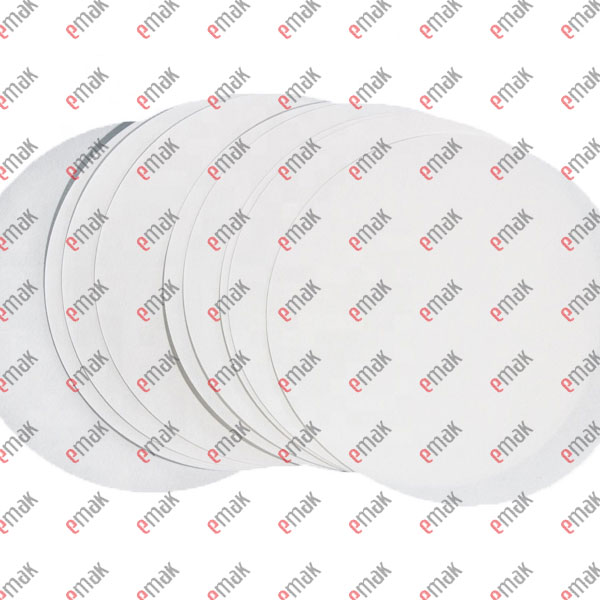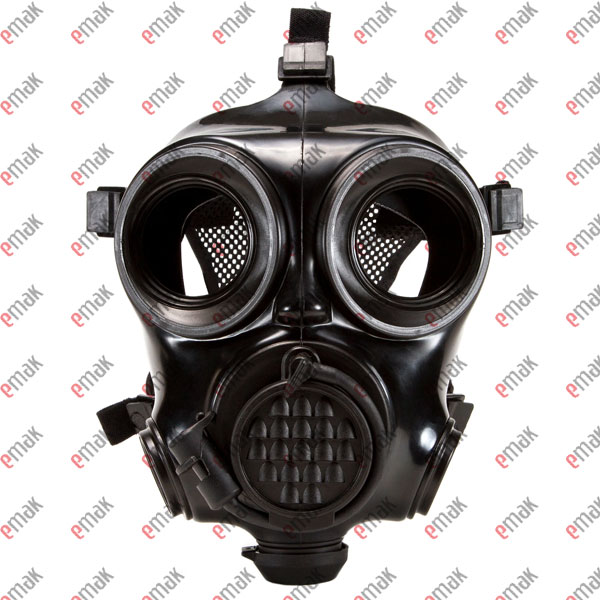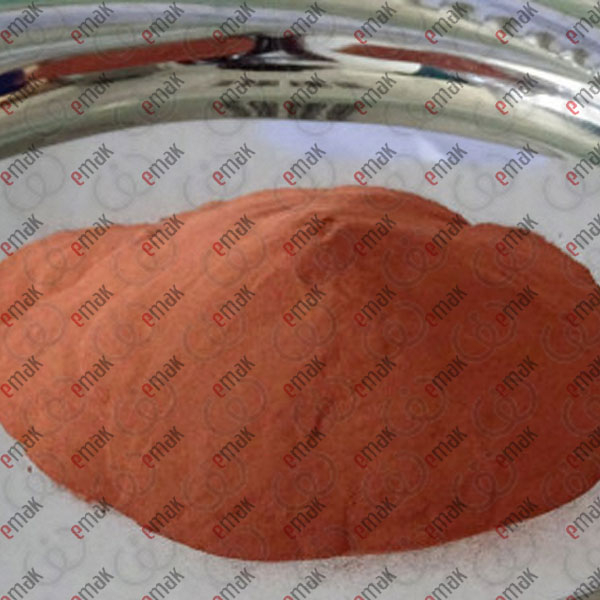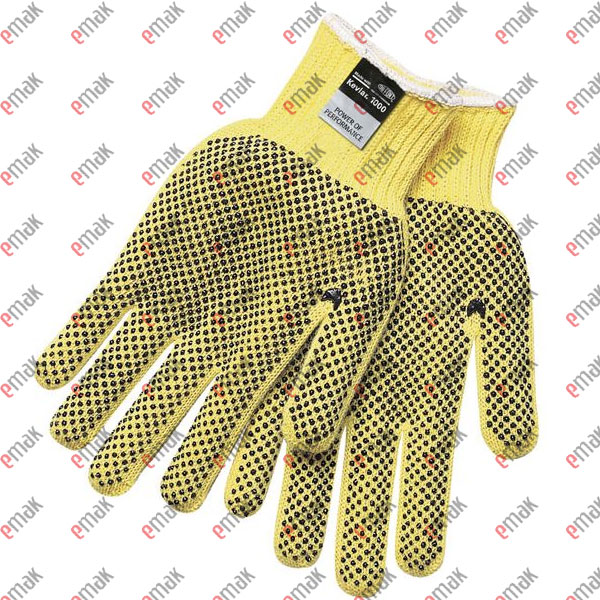The process of precious metals refining and recycling (Precious Metals Refining & Recycling) requires various consumables and equipment, essential for ensuring efficiency and safety. Below is a detailed explanation of the key consumables and physical equipment used in these processes.
Chemicals
Chemicals are crucial in the precious metals refining process, with acids and bases being the most commonly used. Some of the widely used chemicals include:
- Nitric Acid (HNO₃): Used for dissolving and separating metals such as gold, silver, and platinum.
- Hydrochloric Acid (HCl): Adjusts the pH balance of solutions during the refining process.
- Sodium Bisulfate (NaHSO₄): A chemical used for precipitating gold from solutions.
- Borax: Prevents slag formation during smelting processes.
These chemicals must be used with precision and care in the Precious Metals Refining & Recycling process. The correct application of each chemical in the right amount and at the right time is critical for maintaining the purity of the metals. Additionally, proper safety precautions are essential when handling these chemicals to protect worker health and safety.
Filter Papers
Filter papers are used to separate solid particles from chemical solutions, playing a crucial role in the refining process. Available in various micron levels, they are essential for precise separation tasks.
In the context of Precious Metals Refining & Recycling, filter papers not only help in removing metal impurities but also contribute to reducing environmental waste. High-quality filter papers enable a cleaner and more efficient process, which in turn enhances the sustainability of recycling efforts.
Physical Refining & Recycling Equipment
Some of the basic physical equipment used during refining processes include:
- Tongs: Used to safely handle smelting crucibles.
- Heavy-Duty Gloves: Provide protection against high temperatures and chemicals.
- Protective Goggles: Shield the eyes from chemical splashes and high heat.
- Heat-Resistant Aprons: Protect the user from high temperatures and chemicals.
These pieces of equipment ensure the safe execution of the Precious Metals Refining & Recycling process. Proper protective gear usage prevents workplace accidents and keeps workers safe. Moreover, regular maintenance and replacement of this equipment are crucial; worn-out or damaged gear can increase safety risks.
Other Essential Materials
- Graphite or Ceramic Crucibles: Durable containers used for melting precious metals.
- Carbon Rods: Used to provide electrical conductivity and remove impurities.
- Flux Materials: Substances used to convert metal impurities into slag, aiding in the metal purification process.
These materials play vital roles in every stage of the Precious Metals Refining & Recycling process. Graphite and ceramic crucibles, with their high-temperature resistance, allow metals to be melted at the desired temperatures. Flux materials enhance the purity of the metal by removing impurities, thus improving the quality of the final product. These materials are indispensable for the successful completion of refining processes. For the Precious Metals Refining & Recycling process, these consumables and equipment are essential for ensuring the most efficient completion of the process. The quality and suitability of each material directly impact the purity of the final product. Therefore, careful selection and use of these materials are paramount.
Additionally, regularly replenishing and sourcing these consumables ensures that the refining process continues without interruption. Choosing high-quality materials not only enhances product quality but also improves the economic efficiency of the process. Ultimately, these materials play a crucial role in the success of Precious Metals Refining & Recycling from both a technical and commercial standpoint.
Show Less





